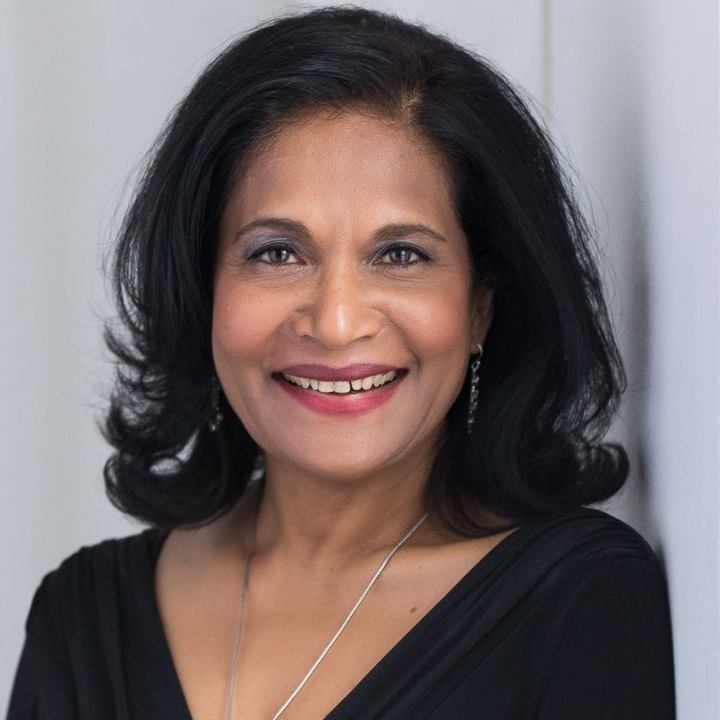How Christian Fundamentalism Was Born Again, Michael Luo
Whether or not they identify as “spiritual” or “religious,” this site encourages everyone to engage in self-development, especially concerning overcoming or controlling oppressive domination and submission. Many people consider this self-improvement to be spiritual, but others do not.
For instance, some humanists don’t embrace the concept of a “god,” “supreme being,” or “higher,” transcendent order. They identify as atheists or agnostics and reject the notion that a spiritual path is necessary for personal growth or making a positive impact on the world. This site respects these views.
Insisting on the use of certain words is idolatry. Worshiping specific abstract concepts is problematic. Such dogmatic beliefs lead to rigid ideologies.
This site instead focuses on exploring and understanding concrete experiences and fosters a non-dogmatic and open-minded approach.
Read More…AT A BASIC LEVEL, the goal of A.I. and Faith and like-minded groups I came across in Toronto, San Francisco, London and elsewhere is to inject a kind of humility and historicity into an industry that has often rejected them both. Their mission is admittedly also one of self-preservation, to make sure that the global religions remain culturally relevant, that the texts and teachings of the last several centuries are not discarded wholesale as the world is remade. It is also a deeply humanistic project, an effort to bring different kinds of knowledge — not only faith-based, but also the literary, classical and oral traditions — to bear upon what might very well be the most important technological transformation of our time.
Read MoreOn the opening episode of this “How to Citizen” podcast, Baratunde conducts a remarkable interview with Valarie Kaur, author of See No Stranger,. Kaur clearly articulates the spirit that drives the Systemopedia with her holistic worldview and her affirmation of mutual support for self-development..
With her Revolutionary Love Project, Kaur’s addresses our relationships with ourselves as well as our relationship with others. She examines internal changes we must make to our minds and hearts as well as institutional reforms. In response to whether we are experiencing the darkness of the womb or the darkness of the tomb, she replies, “It’s both” because we see the “dying of the nation we thought we were” as well as the emergence of transformation. Large numbers of whites joining in Black Lives Matter demonstrations was particularly encouraging.
External work such as getting to know our neighbors with an open heart is critical. The founder of the Sikh faith affirmed “I see no enemy.”
Read MoreA tour de force by Asoka Bandarage, Sustainability and Well-Being: The Middle Path to Environment, Society and the Economy is more in sync with my thinking than any book I’ve read. This excellent, well-written work presents a holistic framework that addresses both the whole person and the whole world. Published in 2013 with 68 pages of text and 17 pages of notes, this comprehensive essay, as described by its publisher, Palgrave Macmillan UK, offers:
An integrated analysis of the twin challenges of environmental sustainability and human well-being by investigating them as interconnected phenomena requiring a paradigmatic psychosocial transformation. She presents an incisive social science analysis and an alternative philosophical perspective on the needed transition from a worldview of domination to one of partnership.
The chapters are titled:
Environmental, Social, and Economic Collapse
Evolution of the Domination Paradigm
Ecological and Social Justice Movements
Ethical Path to Sustainability and Well-Being.

